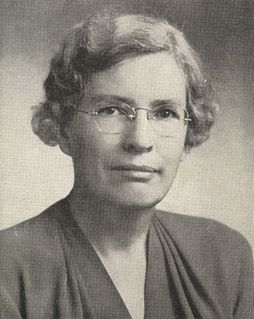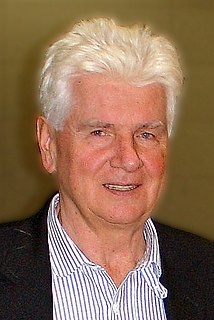A Quote by Vincent Van Gogh
The diseases that we civilized people labor under most are melancholy and pessimism.
Related Quotes
It would be well for those interested to reflect whether there now exists, or ever has existed, a wealthy and civilized community in which one portion did not live on the labor of another; and whether the form in which slavery exists in the South is not but one modification of this universal condition... Let those who are interested remember that labor is the only source of wealth, and how small a portion of it, in all old and civilized countries, even the best governed, is left to those by whose labor wealth is created.
Sexually-transmitted diseases is caused by sexual activity and promiscuity it spreads diseases. That's been known, you know, about 400 or 500 years, that somehow these diseases are spread. If fault comes with people because of their personal behavior but it isn't to be placed on a burden on other people, innocent people, why should they have to pay for the consequences?
It is a quite remarkable fact that the great religions of the most civilized peoples are more deeply fraught with sadness than the simpler beliefs of earlier societies. This certainly does not mean that the current of pessimism is eventually to submerge the other, but it proves that it does not lose ground and that it does not seem destined to disappear.
What about precarious labor? It's actually not the most efficient form of labor at all. They were much more efficient when they had loyalty to their workers and people were allowed to be creative and contribute - you know that what precarious labor does is that it's the best weapon ever made to depoliticize labor. They're always putting the political in front of the economic.
Man is more himself, man is more manlike, when Joy is the fundamental thing in him, and Grief the superficial. Melancholy should be an innocent interlude, a tender and fugitive state of mind; Praise should be the permanent pulsation of the soul. Pessimism is at best an emotional half-holiday; Joy is the uproarious labor by which all things live? Christianity satisfies suddenly and perfectly man's ancestral instinct for being the right way up; satisfies it supremely in this, that by its creed Joy becomes something gigantic, and Sadness something special and small.








































